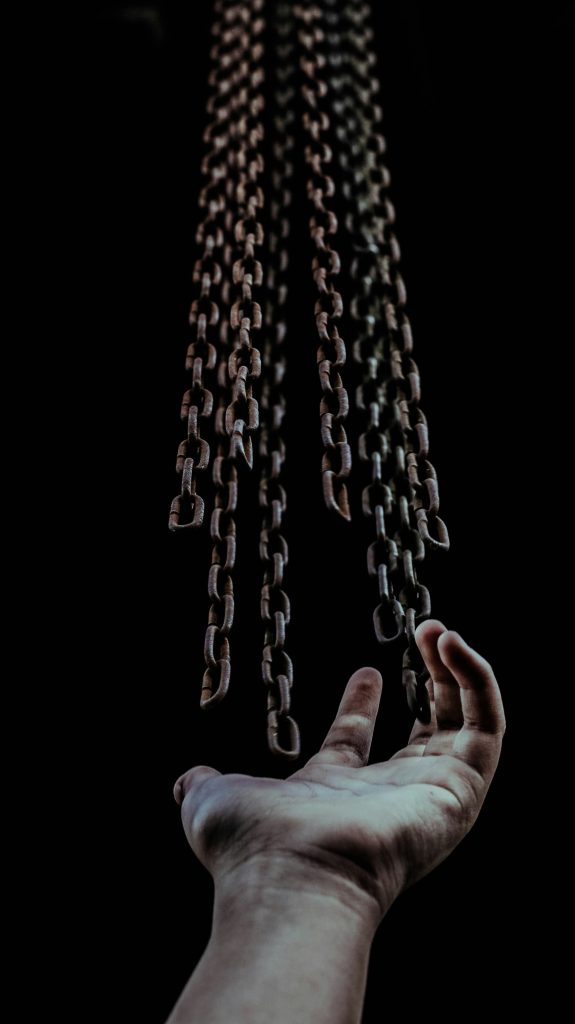By Ricardo Márquez
We have grown so used to using the word “trauma” in daily language that we run the risk of diluting its significance. We live in a traumatizing culture of wars, migrations and climate change; in that sense, we belong to that great number of people traumatized, but there is a more intimate, personal dimension of trauma.
Trauma is “an inner injury, a lasting rupture or split within the self due to difficult or hurtful events … a psychic injury, lodged in our nervous system, mind, and body, lasting long past the originating incident(s), triggerable at any moment. It’s a constellation of hardships, composed of the wound itself and the residual burdens that our woundedness imposes on our bodies and souls: the unresolved emotions they visit upon us; the coping dynamics they dictate; the tragic or melodramatic or neurotic scripts we unwittingly but inexorably live out; and, not least, the toll these take on our bodies,” according to Dr. Gabor Maté, in his 2022 book “The Myth of Normal — Trauma, Illness and Healing in a Toxic Culture.”
Trauma is not just what happens, but how one lives it from within over time. Our emotional brain is atemporal; it does not function like a watch that marks the passing of time. Any “trigger,” any word, suggestion or memory can detonate what we carry inside of us that we have not healed and lead us to relive the painful feelings and emotions of the traumatic event.
The present is the privileged place to heal the traumas that anchor us to the past; “today” is the day that we can decide, that we can ask for help and that we can train our brain to create new circuits of acceptance and an appreciation of who we are.
To develop new habits of thinking is not easy, but it is possible. It’s very different to constantly remember what happened to us and be trapped in the present by the past than to affirm the possibilities and resources of the present. I am not, and am not defined by the trauma that I lived; I am much more than the trauma that wounded me. I recognize my wound, but I am not my wound.
Psychotherapy is a way to explore the roots of traumatic events so that, by recognizing them, they can become part of our history and diminish the power that they have in our lives, like subterranean forces. As Carl Jung told us, “Until you make the unconscious conscious, it will direct your life and you will call it fate.”
I have experienced that psychotherapy helps to understand the causes of our traumas and reduce their negative effects on our mental health, but there is another higher, or transcendent level, the level of faith, from where I have experienced forgiveness and the radical healing of my traumas. It is the level of encounter and intimacy with the risen Lord of the Good News, the one who revealed to us in His life the mystery of a close God who loves us unconditionally and confirms us in that love, and that neither death nor trauma, not even disease have the last word.
I surrender and put in His hands everything that I am and have experienced, my lights and my shadows. I speak to Him like the leper of the Gospel and I say to Him: “Lord, if You are willing, You can make me clean,” and I feel that He extends His hand again, touches me and tells me: “I am willing; be clean” (Matt 8:1-3). There, I have found peace, acceptance and deep healing of my wounds and traumas.
Ricardo Márquez can be reached at marquez_muskus@yahoo.com.









